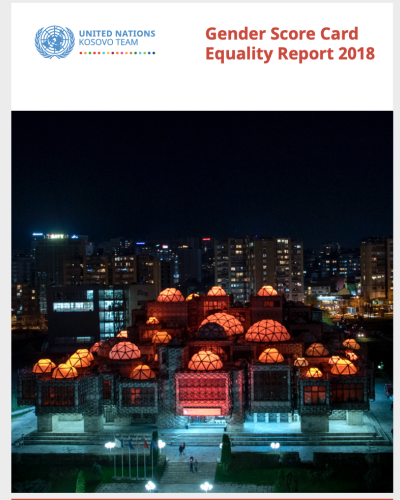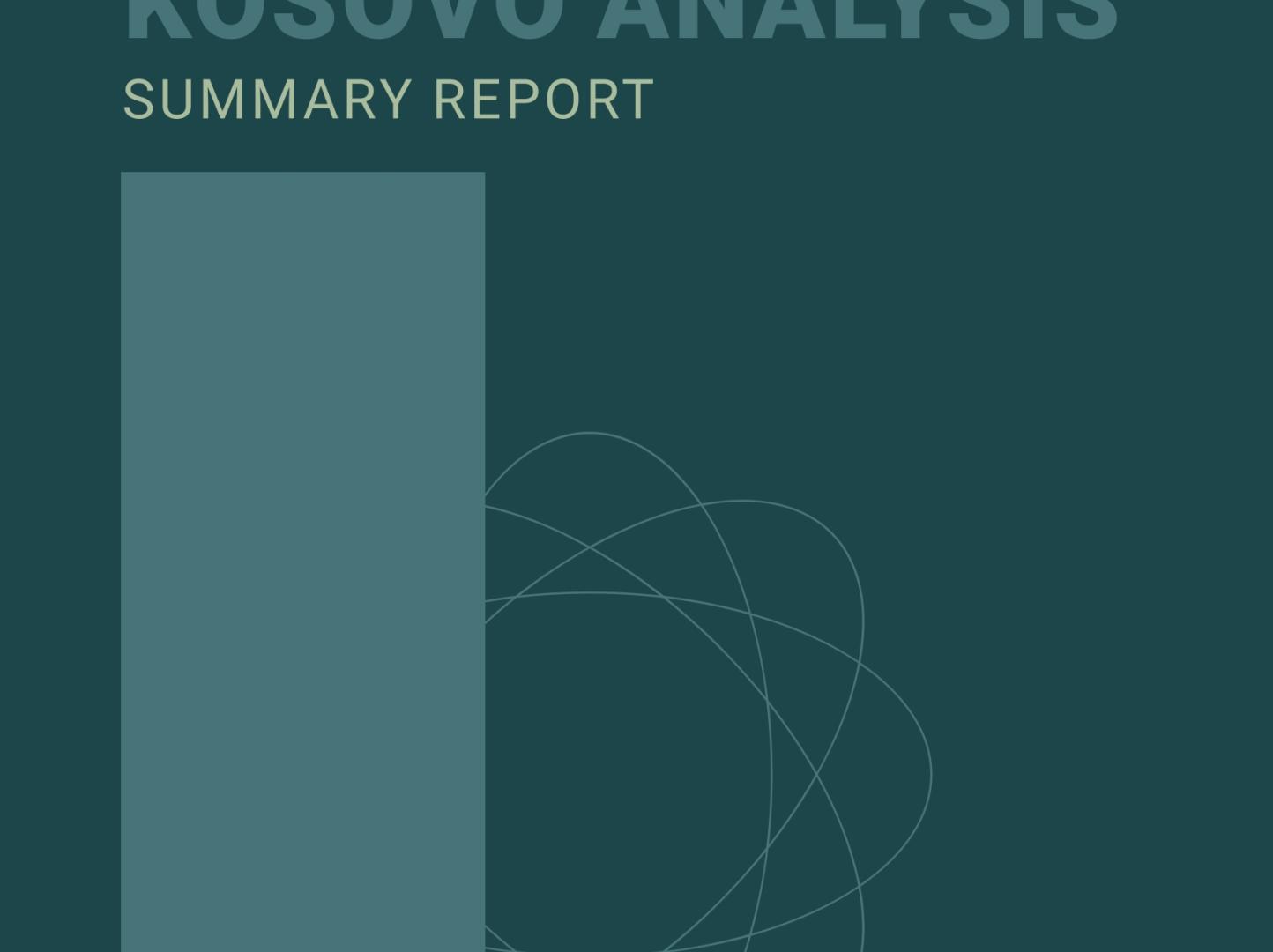Gender Score Card Equality Report 2018

In 2014, the United Nations Kosovo[1] Team (hereafter, UNKT) conducted the gender scorecard exercise. This coincided with the end of the previous Common Development Plan cycle 2011-2015 (CDP).
Since the previous scorecard was implemented, the UNCT - SWAP Gender Equality Scorecard methodology has been revised in tandem with the United Nations System-wide Action Plan for Gender Equality and the Empowerment of Women to ensure greater alignment with the UN-SWAP and the SDGs.2
The scorecard exercise is designed to support the UNKT to self-assess and report on their status of performance indicators drawn from inter-governmental mandates through a review of UNCT documents. The scorecard is organized around seven dimensions that address key gender equality and empowerment of women: planning; programming and monitoring and evaluation; partnerships; communications and advocacy; leadership and organizational culture; gender architecture and capacities; resources; and results (see figure 1). Each dimension includes performance indicators which UNCTs need to meet or exceed.
The scorecard methodology is participatory, with leadership and direction coming from Heads of Agency (HOA) and the Gender Theme Group (GTG). The Kosovo scorecard exercise has been led by an international gender consultant in partnership with the UNKT HOAs and GTG.
Preparatory discussions and the implementation of the gender and organizational culture survey were conducted by the UNKT and findings were shared with the consultant during the inception of the mission to Kosovo. The international consultant performed the following tasks:
-
Reviewed all key documents;
-
Conducted Skype and face to face interviews with key staff and partners;
-
Conducted two round table discussions with HOA and GTG; and
-
Analysed the data and prepared the scores and report.
This report is organized around a discussion of the findings, good practices and recommended actions for the UNKT during the next CDP cycle.
1— References to Kosovo shall be understood in the context of UN Security Council Resolution 1244 (1999)
2— UNDG 2018 UNCT – SWAP Gender Equality Scorecard 2018 framework and technical guidance https://undg.org/document/unct-swap-gender-equality-scorecard/




